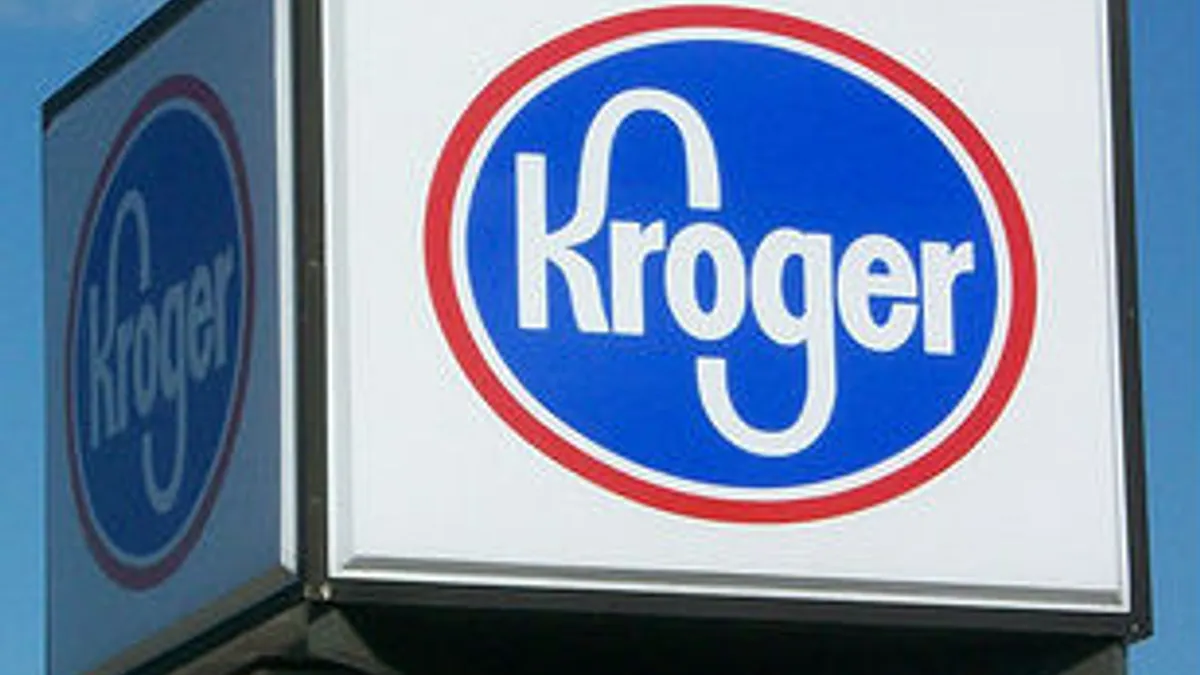Dive Brief:
- Canadian investment firm TRC Capital offered Kroger shareholders a “mini-tender” offer of $28.70, which was more than 4% below the stock’s market value, according to The Cincinnati Enquirer.
- The U.S. Securities and Exchange Commission warns investors mini-tender offers are not subject to the same disclosure and investor protection rules as a traditional tender. Such offers often rely on shareholders assuming a premium has been factored in, as is usually the case with traditional tender offers.
- Kroger said it “does not endorse TRC Capital's unsolicited mini-tender offer and recommends that shareholders do not tender their shares because the offer is at a price below the current market price for Kroger's shares and subject to numerous conditions."
Dive Insight:
TRC Capital is notorious for employing this tactic. In addition to Kroger, the investment firm has made mini tender offers to shareholders of eBay, Disney, PayPal, ExxonMobil, AT&T, Mastercard, and Yahoo, among other companies. The firm is banking on shareholders not doing their due diligence to check on actual stock prices before offloading shares.
It’s a highly unorthodox move, but is it profitable? According to Seeking Alpha columnist and research analyst Lior Ronen, the answer is yes. He studied TRC’s mini-tender strategies from 2013 and found the firm’s investments gained 20% on average over six months.
Because TRC has targeted so many successful companies, its offer to Kroger shareholders doesn’t imply much. However, it may be that the investment firm chose to target Kroger because its stock price has suffered of late due to food deflation and competition that has adjusted to its multidimensional strategy. Last month, the Cincinnati-based chain posted its first same-store sales decline in 52 quarters.
Investors might be tempted to dump the stock. But they would be wise to show patience with the nation’s largest supermarket, which is making savvy investments in key areas. This includes its ClickList e-commerce service, now available at more than five hundred stores, along with its continued ever-expanding private label lineup. The company also is bringing its stores further into the digital age with cutting-edge technology, including concept stores that track customers through the aisles and deliver personalized offers to their mobile phones.










